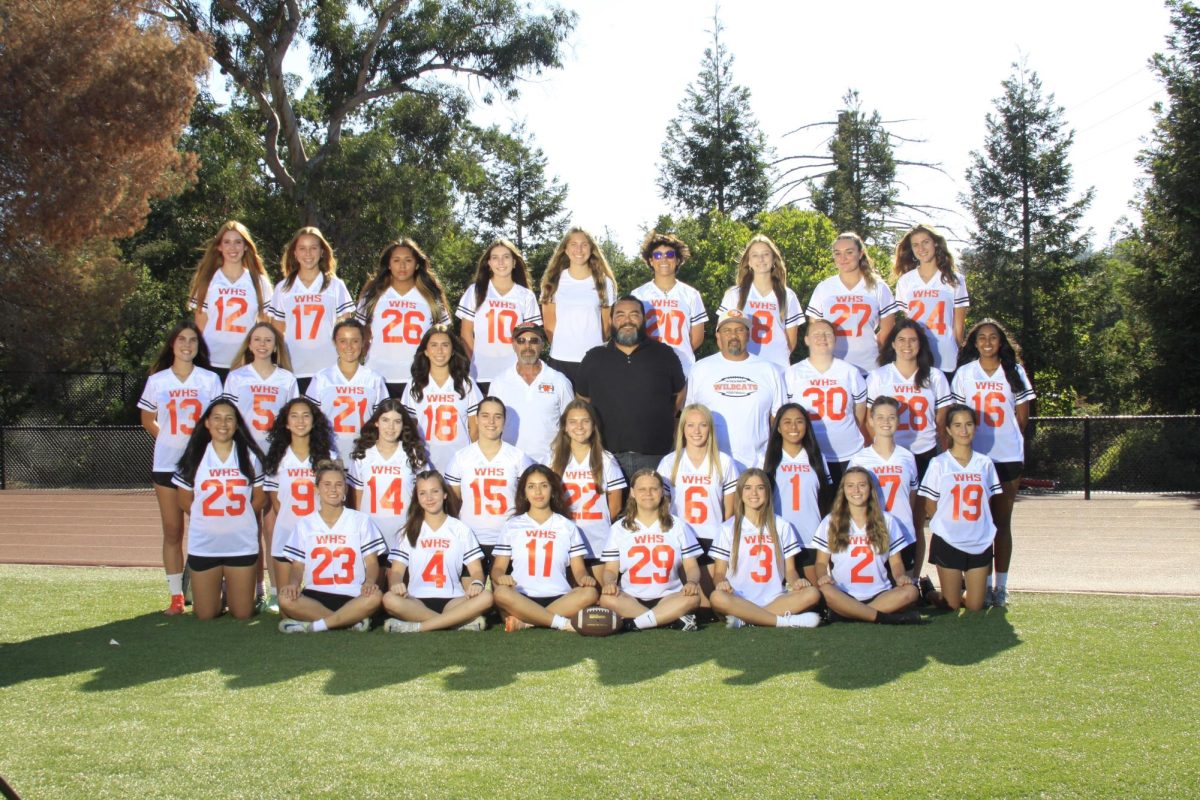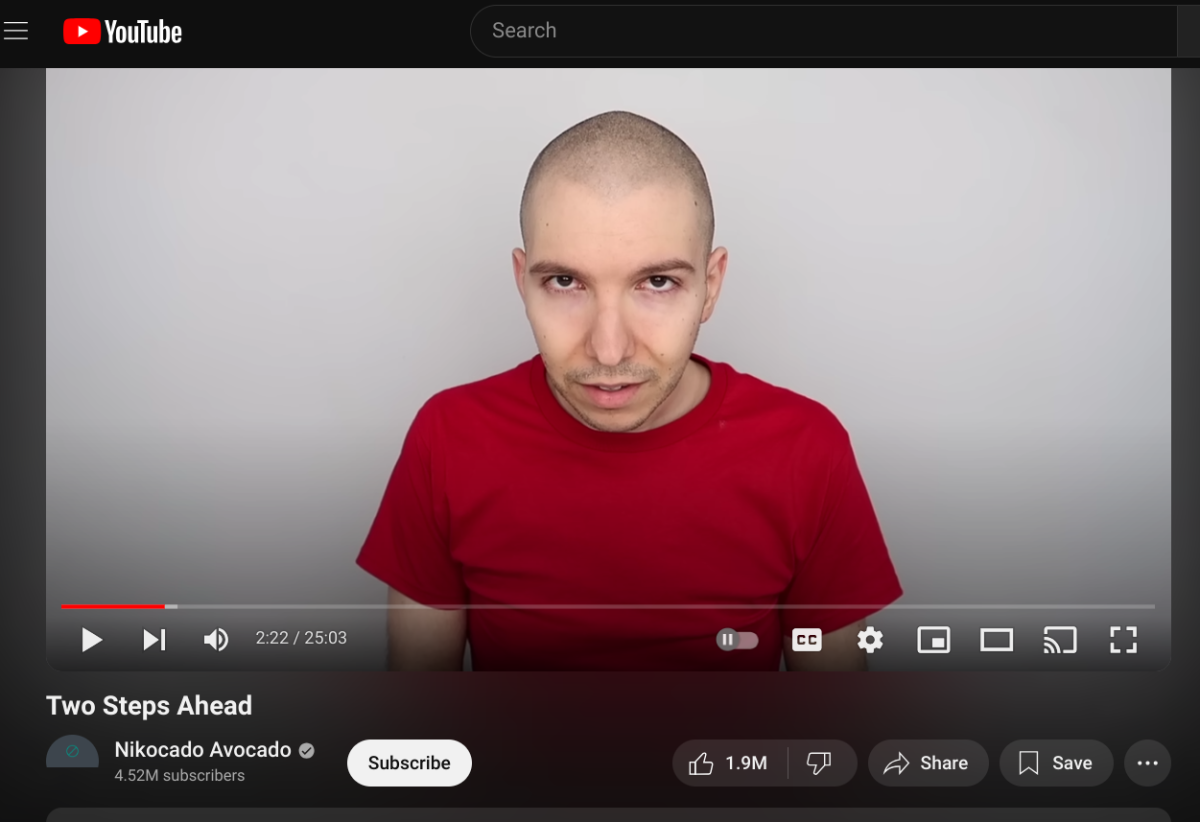If you’re looking for a cheerful pop tune with a catchy backbeat, Bob Dylan’s newest song, “Murder Most Foul,” may not be for you. But, in darker times—such as the current coronavirus pandemic—the haunting ballad provides an unexpected comfort.
For Dylan, the songwriter so talented he won the Nobel Prize in Literature, lyrics are always a central component of a song. His March 26 release is no exception; the melody is stripped down to soft piano and violin with hints of percussion, allowing Dylan’s raspy voice to dominate. It’s essentially spoken-word poetry.
Although “Murder Most Foul” is Dylan’s first original song since 2012, the 78-year-old folk, rock, and blues singer has not yet lost his touch. At a whopping 16 minutes and 56 seconds, the release tells a story. Its somber tone is quickly established in the Shakespearean title (a line from the tragedy “Hamlet”) and carries into the opening lines, which set the scene for John F. Kennedy’s assassination: “Twas a dark day in Dallas, November ‘63.”
Much like Dylan’s older ballads “The Ballad of Emmett Till” (which recounted the lynching of a young black boy) and “Hurricane” (which followed the wrongful conviction of a black American boxer), “Murder Most Foul” focuses on a singular event and expands on it, tying it to social issues. Although the song opens with Kennedy’s assassination and sprinkles references to it throughout, Dylan uses this event as a framework to make a number of allusions that comment on the decline of American culture.
Most explicitly, Dylan sings, “I said the soul of a nation been torn away.” He also comments, “Goodbye, Uncle Sam,” referring to the caricature of the United States commonly used to draft citizens for war and using it as a symbol of overall deterioration. Woodstock, an American music festival famous for promoting peace and unity, is juxtaposed with Altamont, a counterculture concert where violence and death ran rampant.
To match its cynical outlook, the song is threaded with dark humor. Dylan references Queen’s “Another One Bites the Dust,” and his sardonic line “Don’t say Dallas don’t love you” was infamously Texas First Lady Nellie Connally’s final words to President Kennedy before he was shot. Dylan also sings about how Kennedy will not “make it to the new frontier,” an allusion to Kennedy’s presidential acceptance speech, in which he promised to lead the country to a “new frontier.” This promise was, of course, left unfulfilled upon his untimely death.
Dylan then begins to tie history to art. The line “I’m just a patsy like Patsy Cline” links two unlikely figures: American singer Patsy Cline and Lee Harvey Oswald, Kennedy’s assassin, who famously asserted his innocence with the line, “I’m just a patsy.” A similar connection is present when Dylan sings, “The Beatles are comin’, they’re going to hold your hand.” The Beatles’ number one Billboard hit “I Want To Hold Your Hand” was released days before Kennedy’s assassination, and to cope with the tragedy, many turned to music as a source of comfort.
Music’s ability to overcome dark times continues to be a central theme in the song; around the 10-minute mark, the lyrics shift from a jumble of historic allusions to a listing of influential musicians. Dylan urges his audience to listen to their music with the repeated command “play.” He references a grand total of 75 songs (which can be found on this playlist), ranging from Elvis Presley’s “Mystery Train” to Ella Fitzgerald’s “Cry Me a River” to The Animals’ “House of the Rising Sun.”
Dylan’s personal connection to the song should also not be overlooked: Kennedy’s assassination, considered a formative event to many of his generation, occurred just as he was rising to prominence as a singer. Moreover, Dylan’s song goes beyond a simple homage. In the lines “I’m riding in a long, black Lincoln limousine / Riding in the backseat next to my wife / Heading straight on into the afterlife,” Dylan not only depicts the final moments before Kennedy’s assassination; he also becomes Kennedy himself, singing from the first person.
Even aside from its historical context, the image is morbid, with the long, black car eerily similar to a coffin. Some feel “Murder Most Foul” maybe Dylan’s anticipation of his death and a final guidance of how society must proceed. Given Dylan’s age and the fact that the long ballad was his first original release in 8 years, this “swan song” theory may have merit.
Regardless, “Murder Most Foul” unquestionably reaffirms Dylan’s mark on music and culture. The song closes with the words “Play ‘Murder Most Foul,’” a line that both inserts Dylan into the long chain of musicians and implies that his song is another piece of music to turn to for consolation. In an Instagram post announcing his new song, Dylan added, “Stay safe, stay observant, and may God be with you.” Although the song itself was written “a while back,” its release—amid the spread of the coronavirus and worldwide panic—is not a coincidence. As Dylan said in the song’s first verse, it “was a matter of timing, and the timing was right.”













